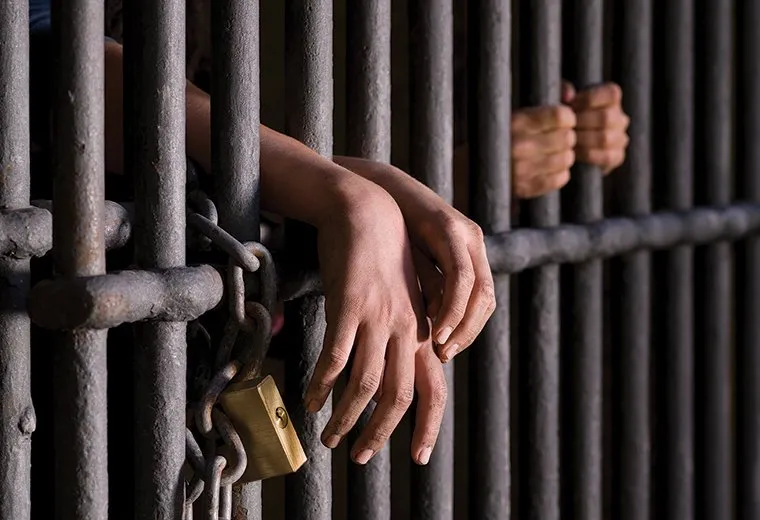Wrongful death cases are among the most challenging legal matters families face, especially when they result from another’s negligence or intentional actions. These cases bring emotional trauma and financial strain to loved ones. Understanding how wrongful death settlements are calculated in Missouri can help families seek justice and fair compensation. This blog breaks down the key factors involved in calculating wrongful death settlements in Missouri.
Understanding Wrongful Death in Missouri
In Missouri, a wrongful death claim arises when a person dies due to someone else’s negligence or intentional misconduct. The Missouri Revised Statutes (Chapter 537) outline who can bring forth a wrongful death claim and what types of compensation may be sought. The main goal of a wrongful death lawsuit is to provide financial relief to the deceased’s family for both the economic and non-economic consequences of their loss.
Who Can File a Wrongful Death Claim?
Missouri law specifies who is eligible to file a wrongful death claim:
- Primary Beneficiaries: The deceased’s spouse, children, and parents are typically first in line to file.
- Secondary Beneficiaries: If there are no primary beneficiaries, siblings or their descendants may file.
- Appointed Representative: In the absence of qualifying family members, the court may appoint a representative to file the claim on behalf of the estate.
Understanding eligibility is crucial, as it determines who will receive the settlement funds.
Key Factors Influencing Wrongful Death Settlements
Several elements influence how wrongful death settlements are calculated. These factors include economic damages, non-economic damages, and in some cases, punitive damages. Here’s a closer look:
1. Economic Damages
Economic damages cover the tangible financial losses the deceased’s family faces, including:
- Lost Wages and Benefits: Compensation for the future income the deceased would have earned, including potential raises, retirement plans, and healthcare benefits.
- Medical Expenses: Any medical bills incurred from the time of injury until the time of death.
- Funeral and Burial Costs: Reasonable expenses for the deceased’s funeral services and burial.
- Loss of Services: The value of household services the deceased would have contributed, like childcare, home maintenance, or elder care.
Calculating these damages typically requires documentation and expert analysis. Economists and financial planners often help forecast the deceased’s lost income potential, ensuring an accurate representation of the family’s financial losses.
2. Non-Economic Damages
These damages address intangible losses experienced by the family. While harder to quantify, non-economic damages are critical in wrongful death settlements and include:
- Pain and Suffering: Compensation for the emotional distress, grief, and trauma faced by surviving family members.
- Loss of Companionship: The emotional impact of losing a spouse, parent, or child, including the support and comfort the deceased would have provided.
- Loss of Guidance: Especially relevant when a parent dies, this accounts for the emotional and developmental support the parent would have offered.
In Missouri, there are no caps on non-economic damages in wrongful death cases, allowing courts to award compensation that reflects the full extent of emotional losses experienced by the family.
3. Punitive Damages
Punitive damages may be awarded when the defendant’s actions were exceptionally reckless or intentional. These damages are designed not to compensate the family but to punish the wrongdoer and deter similar conduct in the future. For example, if a death resulted from drunk driving or intentional harm, punitive damages might apply. However, punitive damages are awarded at the court’s discretion and must be substantiated by clear evidence.
The Role of Experts in Calculating Settlements
Expert witnesses play an essential role in determining wrongful death settlement amounts. Attorneys often work with economists, medical professionals, and psychologists to assess both economic and non-economic losses:
- Economists: Project the decedent’s future earning potential based on their career, education, work history, and industry trends.
- Medical Experts: Testify about the nature and extent of any medical issues related to the death and related expenses.
- Psychologists: Evaluate the emotional and psychological impact on surviving family members.
With expert analysis, an experienced wrongful death attorney can build a comprehensive case that fairly represents the family’s losses.
Missouri’s Comparative Fault Rule
Missouri follows a “pure comparative fault” system. If the deceased was partially responsible for the incident that led to their death, the settlement amount may be reduced proportionally. For example, if the deceased is determined to be 20% at fault, the settlement amount would be reduced by 20%. This rule underscores the importance of evidence in minimizing any fault attributed to the deceased.
Settlement Negotiations and Court Trials
Many wrongful death cases in Missouri are resolved through settlement negotiations, providing families with quicker compensation and avoiding the emotional toll of a lengthy trial. However, if a fair settlement cannot be reached, the case may proceed to trial, where a judge or jury determines the award.
Conclusion
Calculating a wrongful death settlement is complex and involves assessing various factors, from economic projections to emotional impacts. If you’ve lost a loved one due to someone else’s negligence, consulting a St. Louis Wrongful Death Attorney is essential to ensure you receive the compensation you deserve. Legal experts can guide you through Missouri’s wrongful death laws, helping you protect your family’s future and find justice during a difficult time.




